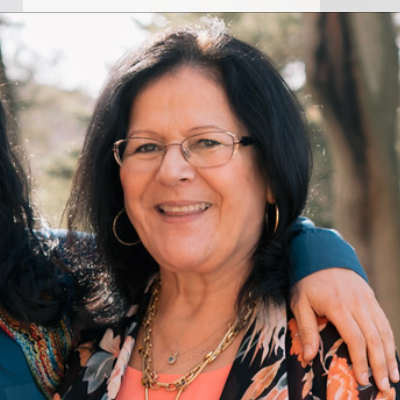On a serene day, with sunlight filtering into my home while vacuuming, I found myself pondering the intricacies surrounding death. The manner of death, the timing, the speed of departure, the potential companions in our final moments, preparations as death approaches, personal beliefs about the afterlife, and the legacy we wish to leave behind – money, possessions, accomplishments, love, ideas, or discoveries
Death as an Equalizer
Death, the undeniable equalizer, intertwines with life, much like love and loss being two sides of the same coin. Contemplating death is, in essence, contemplating life. In this contemplation, where there is love, the specter of loss emerges, for death is a universal reality. Change, another certainty, often shares the same path with death.
Choices in Manner of Death
Delving into the choices surrounding the manner of death reveals a spectrum, ranging from natural causes to accidents, suicides, homicides, and even catastrophic events, either natural or man-made. Whether illnesses are self-caused, genetic, infections, or random occurrences, the exploration of the meaning attributed to each event becomes imperative.
Time of Death: Age, Seasons, and Occasion
The time of death presents itself with age-related, seasonal, or occasion-specific nuances. Dying young or old comes with its own set of pros and cons, challenging the notion that one is inherently superior to the other. Exploring the rationale behind a specific time or date for death invites reflection, and sometimes, whimsy like preferring a summer exit for a cheerful gathering.
The Tempo of Departure
Determining the pace of departure, whether swift to minimize pain or deliberate to address spiritual and interpersonal matters, is a complex decision. The intersection of beliefs about the afterlife and the purpose of existence influences this choice profoundly.
Sharing the Death Experience
The sharing of the death experience hinges on one’s personality, belief system, and comfort with fear. Analogous to leading one’s life, this experience can be smooth or tumultuous, tranquil or dramatic. A personal preference for a non-disruptive, non-commotion, and quiet departure doesn’t necessarily mean solitude. Understanding what influences our emotional states without judgment is a worthwhile exploration.
Death: A Gateway to Reflection
Contrary to the notion that contemplating death is morbid, it serves as a poignant reminder. It urges us to act now, to be who we aspire to be, and to rectify any wrongdoing promptly. Regardless of beliefs in the afterlife or scientific theories, the uncertainty after death can be viewed as a blessing, encouraging serious introspection.
Embracing Uncertainty
Considering death before actions, decisions, and moments of compassion or aggression can be liberating. The uncertainty of the aftermath prevents fixed ideologies and unhealthy attachments, fostering a commitment to live each moment with love, kindness, and compassion. In essence, death becomes a teacher, guiding us towards an interconnected humanity at the crossroads of existence.
Conclusion
Reflecting on death is not about dwelling in morbid thoughts but about acknowledging life’s impermanence. It prompts us to live authentically, love fully, and leave a meaningful legacy. Death, instead of being feared, can be embraced as a profound teacher, inspiring us to live in the present with compassion and kindness.
FAQs
Is thinking about death healthy?
Embracing the inevitability of death can lead to a more fulfilling and purposeful life. It encourages us to prioritize what truly matters.
How does one prepare for death?
Preparation involves addressing unresolved issues, expressing love, and ensuring one’s affairs are in order, both physically and spiritually.
Does the manner of death affect the grieving process?
The circumstances of death can impact the grieving process, but the emotional support and understanding of those left behind play crucial roles.
Is there a right age to die?
The idea of the “right” age to die is subjective. Each phase of life offers unique experiences, and the value lies in living authentically.
Can contemplating death lead to a more fulfilling life?
Yes, reflecting on death prompts us to live consciously, fostering gratitude, compassion, and meaningful connections.

